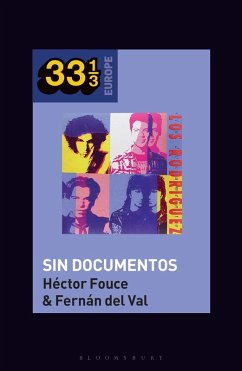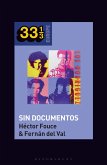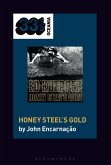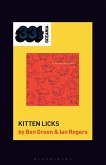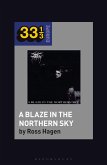Sin Documentos is a landmark album in Spanish popular culture and continues to maintain considerable popularity more than two decades after its release. The characteristic guitar riff of the title song, a kind of rumba-rock, still occupies a place at every party in Spain. Los Rodríguez's success came after a decade
characterized by the rise and fall of local-language punk and new wave bands. By the time Sin Documentos appeared, however, rock journalism was fascinated by the thriving indie scene, where the bands were singing in English and had turned to grunge and noise rock.
This book evaluates the influence of Latin American pop-rock in the modernization of Spanish popular music from the 1950s, despite the Anglophilia of Spanish rock scenes, especially in the 1990s. Through interviews with members of the band and members of the record label DRO, analysis of the media coverage of the album and
a cultural analysis of its meanings, it delves into the cultural trends of Spain throughout the 1990s and beyond.
characterized by the rise and fall of local-language punk and new wave bands. By the time Sin Documentos appeared, however, rock journalism was fascinated by the thriving indie scene, where the bands were singing in English and had turned to grunge and noise rock.
This book evaluates the influence of Latin American pop-rock in the modernization of Spanish popular music from the 1950s, despite the Anglophilia of Spanish rock scenes, especially in the 1990s. Through interviews with members of the band and members of the record label DRO, analysis of the media coverage of the album and
a cultural analysis of its meanings, it delves into the cultural trends of Spain throughout the 1990s and beyond.

